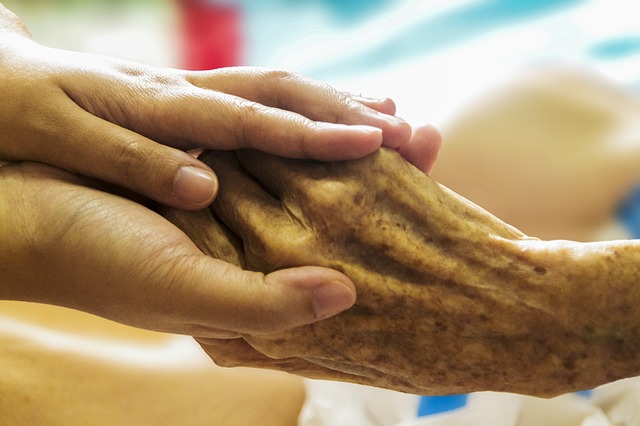Overmedication: A Dangerous, All-Too-Common Way to Restrain the Elderly
At the behest of on-site or on-call doctors and physicians’ assistants, most nursing home residents follow strict medication regimens that shouldn’t be altered or discontinued without a thorough consultation. Unfortunately, many nursing homes suffer from a lack of accountability that can lead staff members to make questionable dosing decisions. By all accounts, the problem of “over-medication”—especially with potentially dangerous sedatives and mood stabilizers—is growing. Learn more about how to spot and address over-medication at nursing homes.
Spotting Over-Medication
You don’t have to be a doctor to recognize potentially dangerous over-medication practices at your loved one’s nursing home. In this setting, psychiatric medications tend to be over-prescribed more often than other types of drugs. Look for the following symptoms in your family member or loved one:
- Sudden or worsening confusion or disorientation
- Balance problems
- Erratic or violent behavior
- Withdrawal or lack of recognition
- Fatigue or oversleeping
- Unexplained medical emergencies or complications
These problems can often appear and worsen within days, so it’s important to remain vigilant.
Causes of the Problem
Typical “causes” of over-medication include:
- Nurses who work irregular shifts of 12 hours or more
- Staff shortages that result in new nurses being assigned to unfamiliar patients
- High-stress workplace conditions that lead to a “medicate first, ask questions later” mentality among staff membersSobering Statistics
The problem of over-medication isn’t going away. In fact, it’s getting worse. According to the Department of Health and Human Services, over 50% of all anti-psychotic prescriptions made to nursing home patients may be unnecessary. At least 20% of all nursing home prescriptions are dispensed for longer than the recommended course or in excessive doses. Some pharmaceutical companies have already admitted to improperly marketing mood stabilizers and anti-psychotic drugs to nursing home doctors, but industry experts believe that the practice remains widespread.
Recourse for Family Members
Family members should make it clear to nursing home doctors and nurses that their loved ones must be treated with dignity and respect. If you suspect that your family member is being “controlled” with inappropriate drug doses, put pressure on the facility’s management team to investigate the issue. If this doesn’t work, contact an experienced NY attorney group that has prosecuted more nursing home abuse cases than any other firm in the state. Reach us at our website, or call (716) 681-7190.
